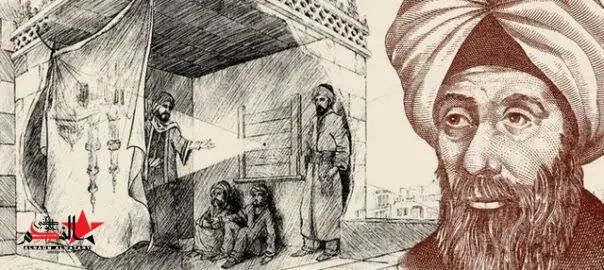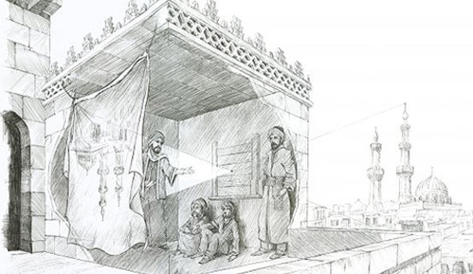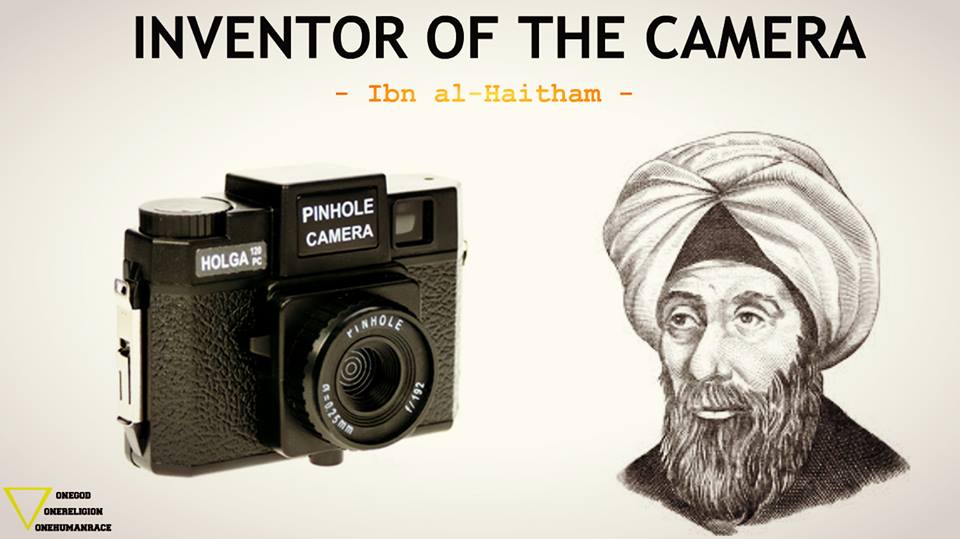Unit 4
Lessons 2-3-4
Student’s Book pages 33-34-35
GRAMMAR
State and dynamic verbs
● Dynamic verbs, such as walk, talk, do, go, eat, drink, shop, run and watch, describe actions and activities.
They can be used in both the Present Simple and the Present Continuous depending on the context.
-Biologists explain that when we do exercise, the cells in our body need more oxygen.
-At the moment, our teacher is explaining an exercise.
● State verbs, such as be, like, love, hate, know, think, believe, remember, forget, need, want, see, hear and feel, describe states, opinions and feelings, and they usually appear in the Present Simple. This is because they are used to describe fairly permanent, rather than transient, states.
-Professor Allen is an environmental scientist.
-Science answers many questions we like to ask.
-We see lightning before we hear thunder.
-Do you know that lightning is hotter than the sun?
-When do you feel happy?
● Some verbs can be both state and dynamic. They would have one meaning when they are state and another meaning when they are dynamic.
-I think Faisal is a very generous man. (to have an opinion)
-I am thinking about my final exams. (to have a thought in my head)
-I have a new school bag. (to own)
-I am having difficulty with the new maths lesson. (to experience)
Unit 4
Lessons 2-3-4
Student’s Book pages 33-34-35
Before you begin
Look at the picture



What is Ibn AI Haitham famous for?
He was famous for the science of ‘optics’.
What was the first camera like in the past?
Answers
Ibn Al Haitham developed the first camera obscura. In a dark room of his house, he allowed light to come into the room through a tiny hole, and an upside-down picture of the scene outside appeared on the wall opposite. This experiment established the knowledge on which the first cameras were made.
While reading
Ibn Al Haitham was a brilliant scientist who wrote many papers on Physics, Astronomy and Mathematics. He was born in the year 965 CE and died in 1039 CE.
He carried out experiments with light, and the results of which were written down and became his famous book, the Book of Optics. The science we now know as ‘optics’ was born. Ancient Greek scholars had tried to explain how human beings see, but they had not done any experiments to prove their hypotheses. Ibn Al Haitham was able to prove for the first time in his experiments that people can see because light reflects off things around us and into the eye.
Ibn Al Haitham also developed the first camera obscura. In a dark room of his house, he allowed light to come into the room through a tiny hole, and an upside-down picture of the scene outside appeared on the wall opposite. This experiment established the knowledge on which the first cameras were made.
The text talks about:
- The brilliant scientist Ibn Al Haitham.
- His book “the Book of Optics”.
- His experiments that he carried out to explain how human beings see.
-His success in proving his hypotheses.
- The difference between Ibn Al Haitham and Ancient Greek scholars.
After reading
-Name the areas of science that Ibn Al Haitham wrote on.
Ibn Al Haitham wrote many papers on Physics, Astronomy and Mathematics.
-When was he born and when did he die?
He was born in the year 965 CE and died in 1039 CE.
-What did his book include?
He carried out experiments with light, and the results of which were written down and became his famous book, the Book of Optics.
-Who is the founder of the science of “optics”?
Ibn Al Haitham.
-How did he develop the first camera obscura?
In a dark room of his house, he allowed light to come into the room through a tiny hole, and an upside-down picture of the scene outside appeared on the wall opposite. This experiment established the knowledge on which the first cameras were made.